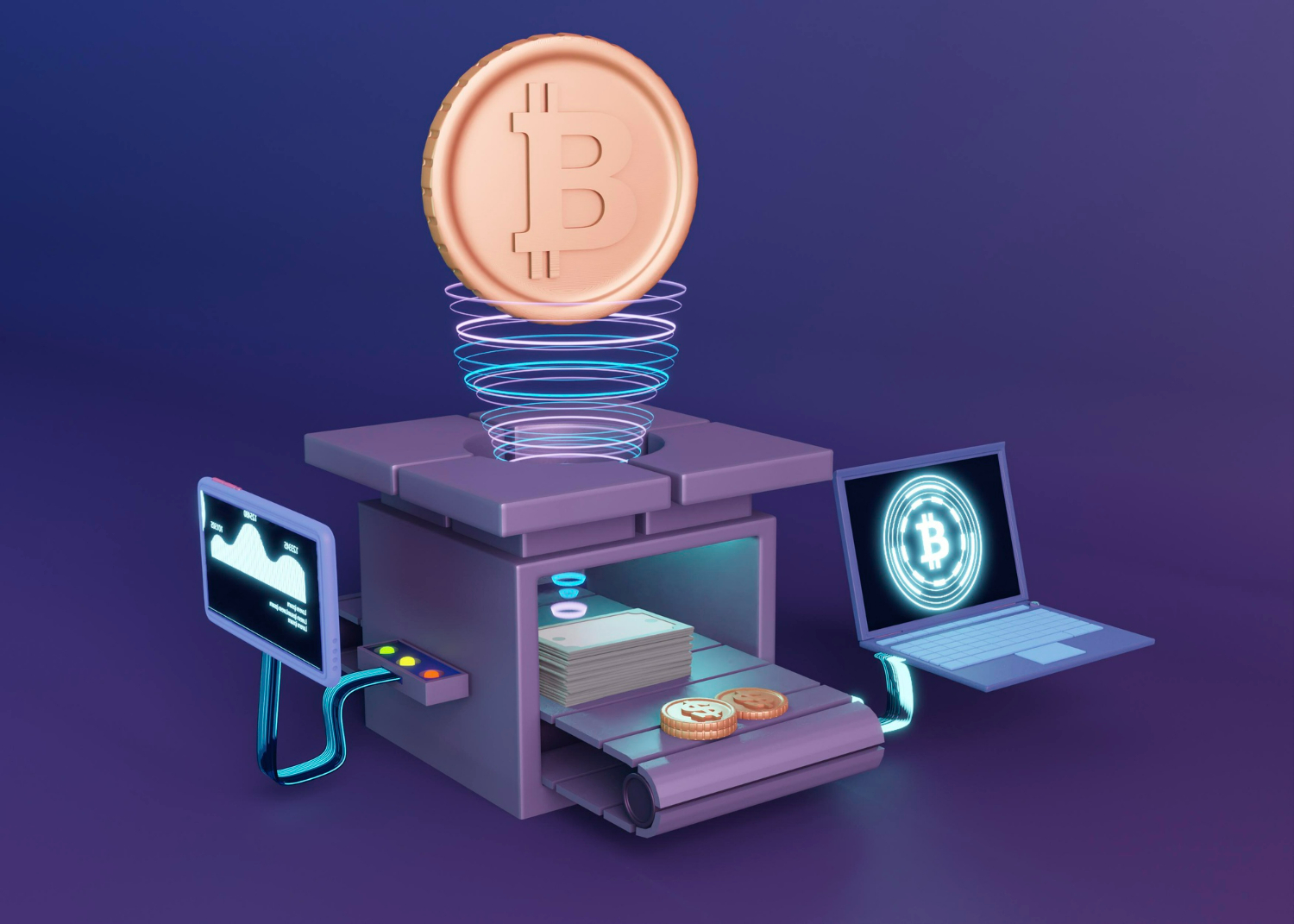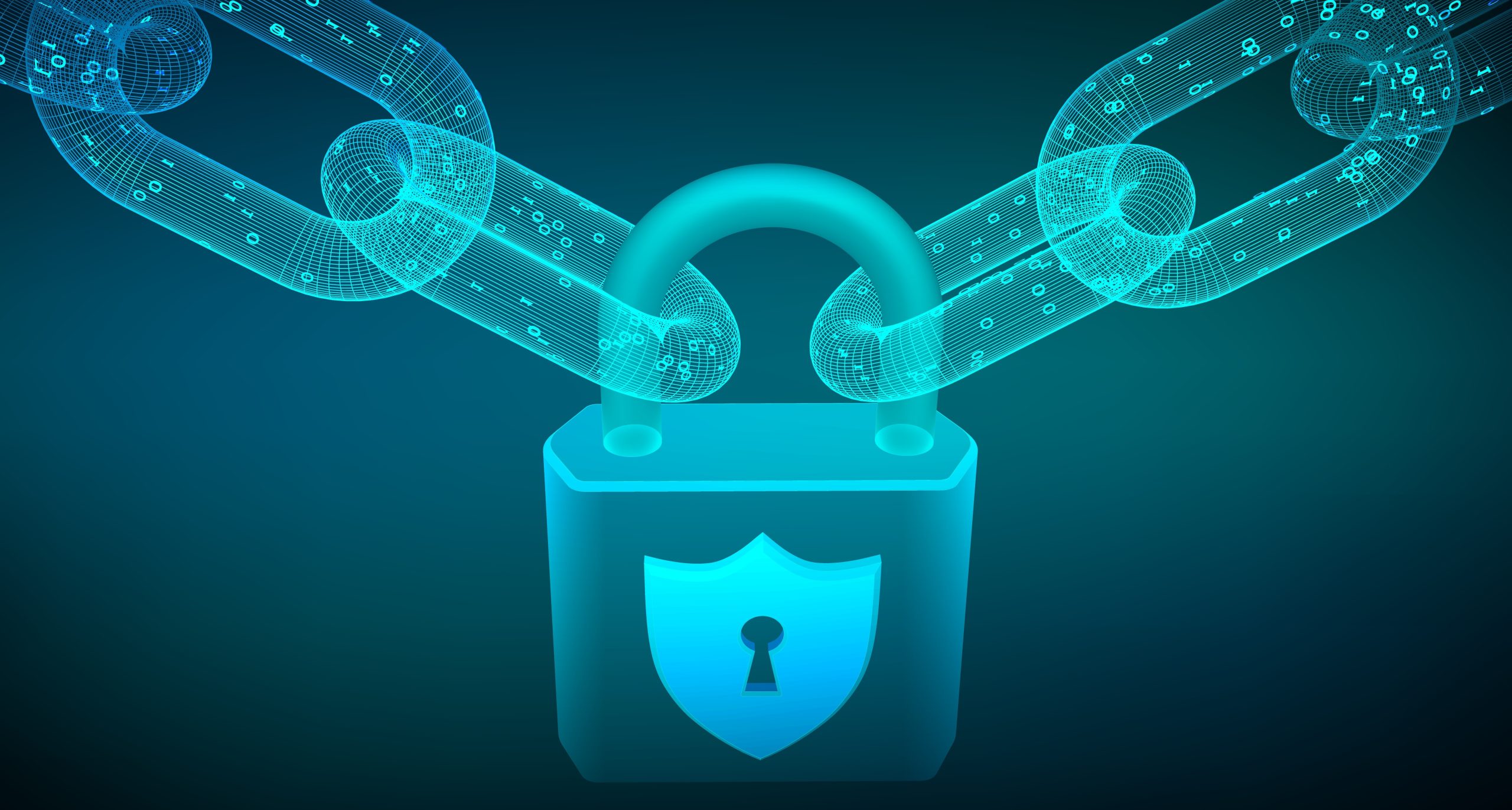Web 3: Here is all you need to know.

April 23, 2023
Web3 has evolved into a catch-all word for the concept of a new and improved internet. At its heart, Web3 employs blockchains, cryptocurrencies, and NFTs to return power to users in the form of ownership.
Think of it this way; Web1 being the first version of the internet was read-only, meaning that users could only read information on the internet. Web2 is read-write, which is what allows us interact with Facebook posts by uploading comments, liking photos, browsing through jumia and all. Finally, Web3 will be read-write-own, which in essence translates to users being able to consume data on the internet, share data on the internet but also own all the data they share on the internet..
Core ideas of Web3
Although it’s difficult to describe what Web3 is, a few fundamental ideas serve as its guiding principles.
- Web3 is decentralized: ownership is divided among its creators and users rather than being controlled and owned by major shareholders or centralized institutions.
- Web3 is permissionless: Nobody is excluded from Web3 and everyone has equal access to participate.
- Web3 has native payments: Instead of relying on the old-fashioned infrastructure of banks and payment processors, it spends and sends money online using cryptocurrencies.
- Web3 is trustless: rather than relying on trusted third-parties, it operates utilizing incentives and economic principles.
Here are a few reasons why web 3 is important
OWNERSHIP
In a novel method, Web3 offers you control of your digital assets. Let’s take the scenario of playing a web2 game. An in-game item that you buy is linked to your account immediately. You will lose these things if the game’s developers terminate your account. Or you lose the value of the in-game stuff you purchased if you stop playing the game.
Direct ownership is possible with Web3 thanks to non-fungible tokens (NFTs). Nobody, not even the designers of the game, have the authority to revoke your ownership. Additionally, you can sell or trade your in-game possessions on open markets to recuperate their worth if you decide to stop playing.
CENSORSHIP RESISTANCE
Platforms and content producers have a seriously unbalanced power relationship.
On Web3, the blockchain is where your data is stored. When you make the decision to leave a platform, you can take your data with you and plug it into a different interface that better reflects your ideals.
Although censorship resistance is a built-in component of a Web3 platform, Web 2.0 requires content providers to trust platforms not to change the rules.
DECENTRALIZED AUTONOMOUS ORGANIZATIONS (DAOs)
In addition to owning your data in Web3, you can also use tokens that function like stock to collectively own the platform. DAOs enable decentralized platform ownership coordination and future platform decision-making.
The technical definition of a DAO is an agreement on smart contracts that automate decentralized decision-making over a pool of resources (tokens). Voting is carried out automatically by the code once token-holding users decide how resources are allocated.
Many Web3 communities, however, are referred to as DAOs by certain people. Decentralization and coding-based automation vary widely throughout these groups.
IDENTITY
In the past, you would register for an account on each platform you used. You might, for instance, maintain accounts on Instagram, YouTube, and Twitter. Want to modify your profile photo or display name? It must be done for each account. In some circumstances, social sign-ins are an option, although censoring is a well-known issue that arises. These sites have the ability to shut you out of your entire online existence with just one click. Even worse, in order to make an account on numerous platforms, you must trust them with your personally identifying information.
Through the use of an Ethereum address and an ENS profile, Web3 offers a solution that lets you take control of your online identity. One safe, censorship-resistant, and anonymous login is offered by using an Ethereum address across all platforms.
NATIVE PAYMENTS
Because Web2’s payment infrastructure is dependent on banks and payment processors, it does not accept payments from those without bank accounts or from those who happen to reside outside of their country of residence. Web3 eliminates the need for a reliable third party by using crypto tokens to send money straight from the browser.



